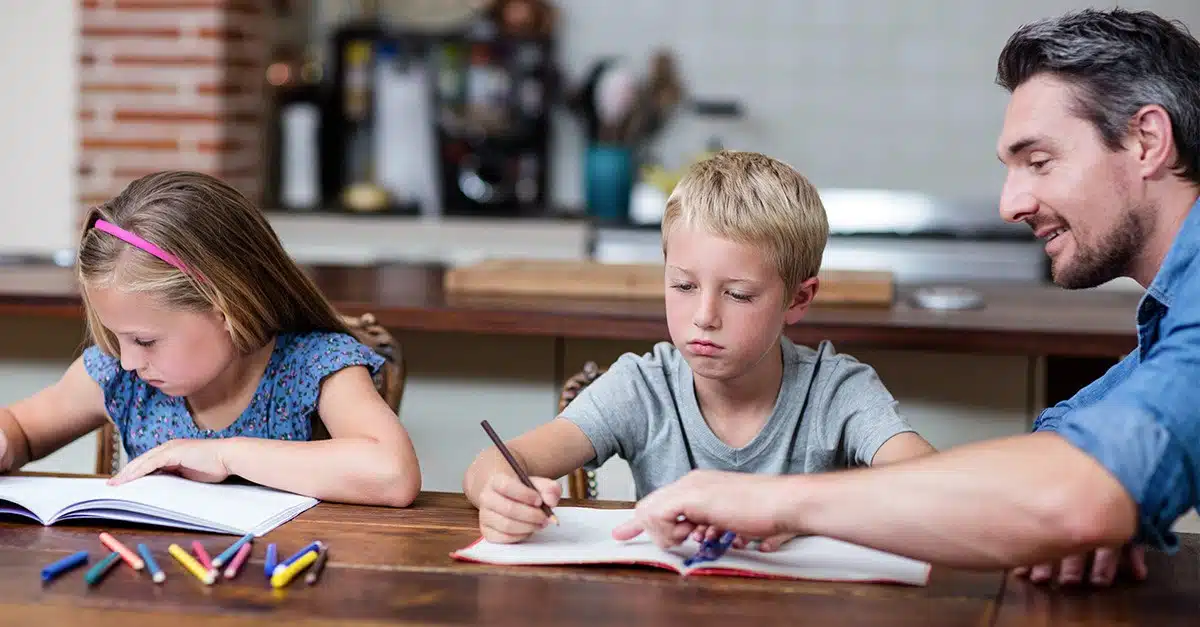
According to a recent study, the number of students being homeschooled here in the UK has doubled in the last decade. Overall, if current national growth in homeschooling continues as many educational experts expect, we could see those figures growing at an accelerated rate in the next 5 years alone. This has many asking the question, ‘Why do parents choose to homeschool their children?”
To answer that question, the team of homeschool experts at Cambridge Home School has put together the top 4 reasons why parents decide to homeschool their children. Let’s take a look:
Top 4 Reasons Why Parents Homeschool Their Children
Negative School Environment- sometimes the educational environment our children are exposed to in schools isn’t as positive as we would like. With bullying, unprofessional instructors and negligent headmasters, today’s students face a lot of stress. With homeschooling, the learning environment is positive and controlled by parents.
Higher Quality Education- today’s schools are often overcrowded and that can lead to many students not receiving a quality education. Instructors are overloaded with paperwork and they can get burned out very easily. With homeschooling, children get a higher quality education because most of the courses are taught in a one-to-one setting. Parents have more control over what their kids are learning and they are preparing them better for college.
Support A Learning Disabled Child- children with learning disabilities or physical handicaps don’t typically thrive in public schools. Many schools have very limited resources and time when it comes to children with special needs. This makes a home school environment that much more effective for children with learning disabilities or physical handicaps, giving them more opportunities to learn and grow.
Improved Social Interactions- while many parents believe the myth that homeschooled students aren’t as socially interactive as students who attend a traditional school, it is just the opposite. Homeschooled children develop much more advanced social skills than public school students. Homeschooling offers less bullying and peer pressure.
Homeschooling improves both the emotional and psychological development of children and strengthens family connections with their siblings. Children gain a greater sense of awareness of the world around them, while developing a stronger sense of civic responsibility.
Contact Cambridge Home School
To learn more about the importance of a home school curriculum and how an independent online secondary school can provide your child with a much better education, contact Cambridge Home School today.
If you enjoyed this article, please feel free to share it on your favourite social media sites.
—
FAQ Section
How has the trend of homeschooling evolved in the UK recently?
In the UK, the number of students opting for homeschooling has doubled over the last decade. Educational experts predict that this trend could accelerate even more in the next five years.
What are the common challenges students face in traditional school environments?
In conventional schools, students often experience a negative environment, which may include bullying, unprofessional teachers, and negligent headmasters. These issues contribute to a stressful educational experience for many.
How does homeschooling contribute to higher quality education?
Homeschooling often takes place in a one-to-one setting, allowing for more individualised instruction. This approach minimises the burnout that public school instructors experience and ensures that children receive a higher quality of education.
Is homeschooling a good option for children with special needs?
Yes, homeschooling offers a more effective learning environment for children with learning disabilities or physical handicaps. Traditional schools often lack the resources and time needed to support these children adequately.
How does homeschooling affect a child’s social interactions?
Contrary to the myth that homeschooled children are socially isolated, they often develop more advanced social skills compared to public school students. Homeschooling exposes children to fewer instances of bullying and peer pressure.